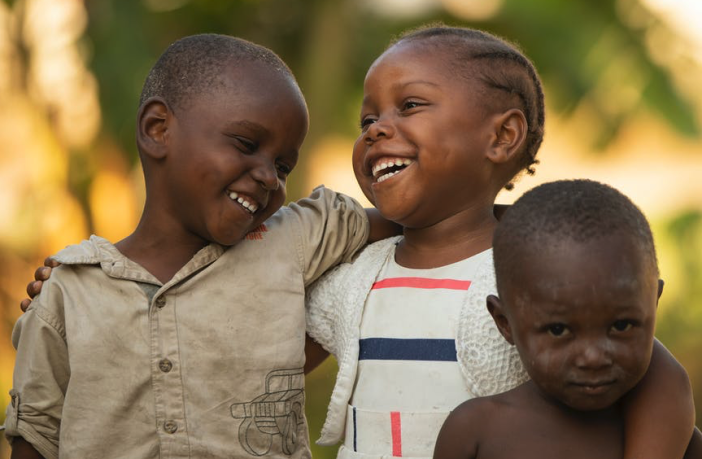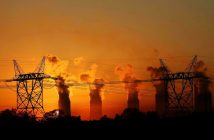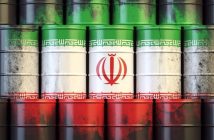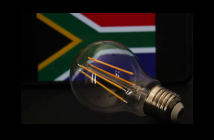- Learners from schools and wind farms in remote communities of the Western, Northern and Eastern Cape will be educated on renewable energy and climate change awareness by the South African Wind Energy Association’s (SAWEA’S) Educational EnergyDRIVE in partnership with the South African National Energy Development Institute (Sanedi).
The campaign was established by SAWEA in partnership with the Durban University of Technology as part of Sawea’s WindAc Africa Conference and will make its way to remote communities where learners often did not have access to information about renewable technologies.
Sawea programmes manager Lindo Sibiya said: “With the view that school learners are the leaders and decision-makers of tomorrow, the programme promotes renewable energy and climate change awareness, instilling knowledge to learners across rural communities, about the benefits and uses of clean energy technologies.”
The schools involved were direct beneficiaries of the various wind farms’ socio-economic activities in the communities – from at-school programmes and bursaries, to feeding schemes and other community support.
The EnergyDRIVE will visit Ceres Secondary School, Bella Vista High School, Iingcinga Zethu Secondary School, Hopefield Primary School, Louwville High School, Perdekraal East Wind Farm and Umoya Energy Wind Farm in the Western Cape as well as other schools and wind farms in the Northern and Eastern Cape.
Sibiya said they intended to increase awareness to create a generation of well-informed decision-makers who could play an essential role in increasing energy adaptation and mitigation capacities of communities, while empowering youth to adopt sustainable lifestyles.
Sanedi Logistics and Events Co-ordinator Bongani Xakaza said they will educate learners on energy efficiency technologies and energy reduction at home, with a presentation informing learners on how renewable energy was contributing towards the reduction of carbon dioxide emissions by power stations in relation to the reduction in electricity demand.
“With the current challenges faced by the country in terms of energy supply and demand, it is imperative to sow the seed among learners, as future leaders, so that they begin to think of alternatives that will not only satisfy the energy demand, but protect the environment as well.
“It is important that learners are exposed to energy alternatives such as renewable energy, among others, and encourage them to be innovative in their career pursuits,” said Xakaza.
Author: Bryan Groenendaal











